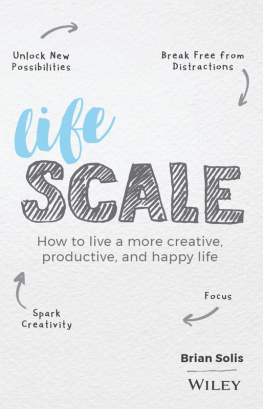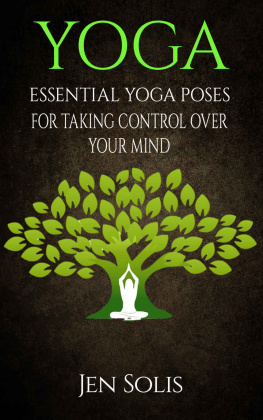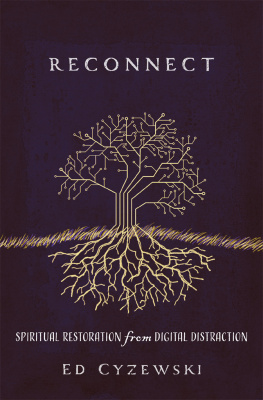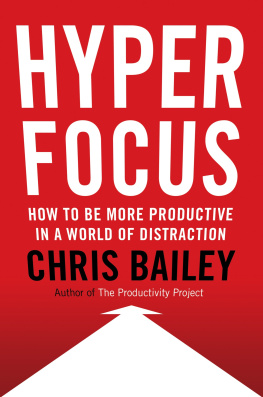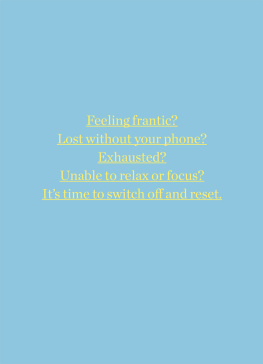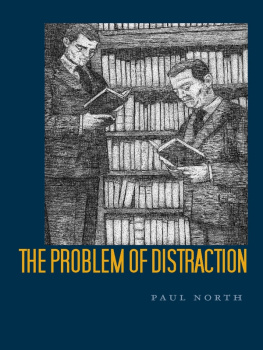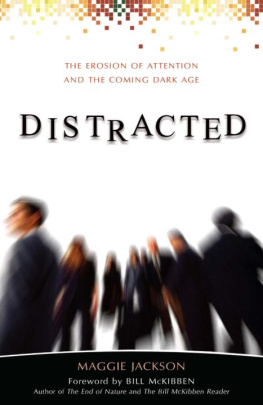
[The arts] are a very human way of making life more bearable. Practicing an art, no matter how well or badly, is a way to make your soul grow for heavens sake. Sing in the shower. Dance to the radio. Tell stories. Write a poem to a friend, even a lousy poem. Do it as well as you possibly can. You will get an enormous reward. You will have created something.
- Kurt Vonnegut

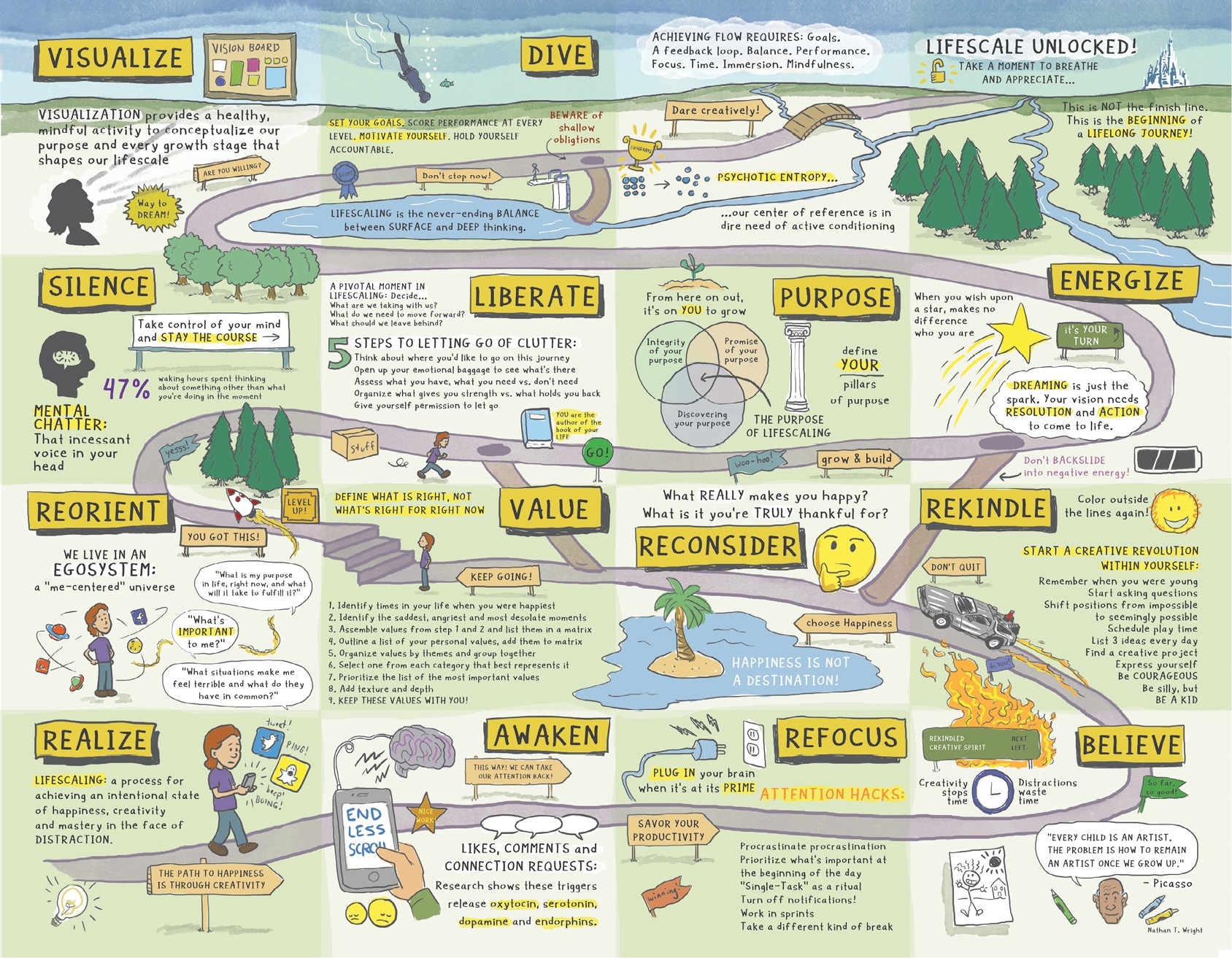
Copyright 2019 by Brian Solis. All rights reserved.
Published by John Wiley & Sons, Inc., Hoboken, New Jersey.
Published simultaneously in Canada.
No part of this publication may be reproduced, stored in a retrieval system, or transmitted in any form or by any means, electronic, mechanical, photocopying, recording, scanning, or otherwise, except as permitted under Section 107 or 108 of the 1976 United States Copyright Act, without either the prior written permission of the Publisher, or authorization through payment of the appropriate per-copy fee to the Copyright Clearance Center, Inc., 222 Rosewood Drive, Danvers, MA 01923, (978) 750-8400, fax (978) 646-8600, or on the Web at www.copyright.com. Requests to the Publisher for permission should be addressed to the Permissions Department, John Wiley & Sons, Inc., 111 River Street, Hoboken, NJ 07030, (201) 748-6011, fax (201) 748-6008, or online at http://www.wiley.com/go/permissions.
Limit of Liability/Disclaimer of Warranty: While the publisher and author have used their best efforts in preparing this book, they make no representations or warranties with respect to the accuracy or completeness of the contents of this book and specifically disclaim any implied warranties of merchantability or fitness for a particular purpose. No warranty may be created or extended by sales representatives or written sales materials. The advice and strategies contained herein may not be suitable for your situation. You should consult with a professional where appropriate. Neither the publisher nor author shall be liable for any loss of profit or any other commercial damages, including but not limited to special, incidental, consequential, or other damages.
For general information on our other products and services or for technical support, please contact our Customer Care Department within the United States at (800) 762-2974, outside the United States at (317) 572-3993 or
fax (317) 572-4002.
Wiley publishes in a variety of print and electronic formats and by print-on-demand. Some material included with standard print versions of this book may not be included in e-books or in print-on-demand. If this book refers to media such as a CD or DVD that is not included in the version you purchased, you may download this material at http://booksupport.wiley.com. For more information about Wiley products, visit www.wiley.com.
ISBN 9781119535867 (Hardcover)
ISBN 9781119535874 (ePDF)
ISBN 9781119535850 (ePub)
Cover design: Briana Schweizer
Lifescale journey illustration and font: Nathan T. Wright
Chapter 1
Realize
Your vision will become clear only when you can look into your own heart. Who looks outside, dreams; who looks inside, awakes.
Carl Jung
I'm still not sure exactly when I first realized I had a problem.
I began to notice that I couldn't focus the way I used to. I felt on edge often and I wasn't having much fun at all, constantly puting off me time and time with friends and family to keep up with commitments. I was almost always either online or on my phone, needlessly consuming content with no real bearing on either my personal or work lives.
Diving deep into topics for my research had become increasingly difficult, and I couldn't sit still and read a book for more than 10 or 15 minutes, whereas losing myself in a book used to be a great joy. I kept forgetting about important events coming up, and found myself making lots of careless little mistakes. I would also catch myself staring at a screen or talking at people when I was in meetings or out with friends more than listening.
I had everything in check... or, so I thought. I was still getting things done. I was cranking through to-do lists. I was producing. I was studying and learning. I couldn't see yet that everything took much longer than it should or that the output was only a small reflection of what was possible. I didn't see that other important missions and relationships were languishing.
It took a great level of awareness, practice, and discipline to notice my distraction and concentrate.
As I became more and more distracted, I had to work hard to catch myself in the acts of swerving away from what I was doing or trying to accomplish, and then deliberately stop and force myself to re-center. The same was true for conversations or studying or reading. It took a great level of awareness, practice, and discipline to notice my distraction and concentrate.
Yet I only began to take a serious look at what was happening when I sat down to write the proposal for what was initially going to be my next book. One year later, I shelved the project. Though I'm still devastated about it, I learned something about myself in the process that led me to write this other book, to this moment with you.
After I closed the chapter on my previous book, I couldn't wait to imagine new possibilities, to pursue another dimension of creativity... to learn, experiment, and push the boundaries of what books could be and how we interact with them. The romance of my last creative affair ensnared me and unlocked a desire for not only another similar liaison, but also for something deeper and even more impassioned. It took just over two years to officially embrace the fact that the time had come to create something new.
My ability to imagine and think critically was fractured and fragmented.
I not only took longer between projects, but when I finally sat down to explore the depths of my next idea, I struggled. I froze. Something was different. Ideation was limited and quite honestly, average. I thought Maybe it's just cobwebs. That's partially true. I noticed more problems, however. I couldn't dive as deep as I used to. My ability to imagine and think critically was fractured and fragmented. When I finally, FINALLY reached creative depths, I couldn't stay there for long without coming up for distractions that would, for some strange reason, serve as oxygen.
Rather than stepping back to reflect and analyze, I tried harder. I became anxious about everything, even the simplest of projects, which triggered procrastination and avoidance. Over time, my penchant for procrastination became pronounced. It was just a given and instead of understanding the cause, I learned the phases of working around and through it. But ultimately, my activity shifted to bursts instead of solid streams. My to-do list was only focused on what was absolutely due, while everything else languished, which, I learned, causes an entirely different level of anxiety. The more items reside on the list, the more stress they cause by just sitting there. It didn't matter. I had become a fireman putting out only burning fires and always planning to focus on, but really never getting to , other (less) critical tasks.
Next time you're afraid to share ideas, remember someone once said in a meeting, Let's make a film with a tornado full of sharks.'
I berated and questioned myself. I was losing self-esteem. And as my confidence and creativity deflated, I started to realize that my happiness was also fading. I just couldn't identify or admit it in the moment. I couldn't exactly pinpoint what was happening or why.
Next page
